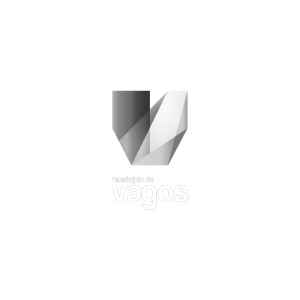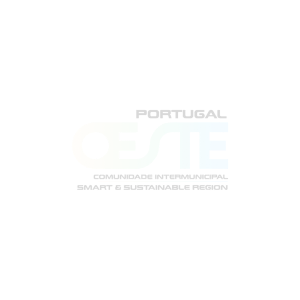
Based on:

Disclaimer:
All the following information is based on the BlueInvest Investor Report, which combines market data with results from an investor survey conducted by BlueInvest. BlueInvest is a European Commission initiative launched in 2019 with the aim to accelerate new ocean-based technologies and solutions to unlock innovation and investment opportunities in the sustainable Blue Economy. It is funded by the European Maritime, Fisheries and Aquaculture Fund (EMFAF).
WATER MANAGEMENT
Definition for the sector
Water management covers services and infrastructure required for the water usage cycle:
(1) water supply, which encompasses water collection (collecting and storing freshwater and groundwater), desalination (removing salt and other minerals dissolved in water), water purification (reducing the concentration of contaminants) and water distribution (delivering water to the premises of consumers);
(2) sewage, which consists of operating sewer systems or sewage treatment facilities that collect, process and dispose of sewage;
(3) waste treatment,which consists of capturing and processing solid or non-solid waste (e.g. microplastics), operating ocean floor landfills and disposing of and storing radioactive nuclear waste;
(4) water decontamination, which consists of removing any damaging substances in the water that cannot be dealt with by waste treatment activities, such as oil spills and other forms of pollution in oceans, seas and coasts.
DDC Strategy - Digitalize, Decarbonize, Circularise
Green water management centres on actions to prevent and/or repair the damage caused to our water sources by pollution or contamination. This includes implementing stricter control measures, reducing pollution at the source and improving wastewater treatment processes to ensure discharge limits are known and respected. It includes efforts to achieve carbon neutrality across all sector activities by reducing energy usage at treatment plants and developing new, cleaner technologies, as well as efforts to engage in and promote a more sustainable and responsible use of water. Desalination is a vital component of sustainable water management, as it can supplement freshwater stocks and shore up supply as demand increases. Water management can also foster sustainability by recovering salt and other byproducts such as sewage sludge and converting them into other valuable resources, boosting sector circularity.
Fórum Oceano Services for the sector
Business development and internationalization: market intelligence services; organization of business missions and matchmaking; support for investment initiatives; creation of ESG entrepreneurship and business acceleration programmes; support for business internationalization.
Business acceleration, entrepreneurship, digitalization and ESG innovation: implementation of European and extra-European projects focused on innovation ecosystems and networks; support services for the creation of ESG business models; ESG impact assessment services for companies and technologies; support for business financing; support for access to infrastructures for testing ESG technologies, products, and services.
Training, education, and literacy: Creation of technical and higher education training solutions; Development of blue literacy initiatives linked to ESG youth entrepreneurship and knowledge of ESG blue economy professions.
Organizing events and actions to communicate the ESG blue economy: Disseminating knowledge and good practices, fostering collaboration between stakeholders, and highlighting emerging opportunities in the ESG blue economy.
Strategic studies and public policy: Conducting strategic studies to define municipal, regional and national blue economy strategies.
Value Chain

Key Innovations and Technologies
| Innovation | Description | Value Proposition |
|---|---|---|
| Advanced filtration | Using advances in nanotechnology to develop filtration membranes that remove hard-to-capture micropollutants, or advance biological filtration, using bacteria to purify water while converting energy from oxidation into electricity. | Nanocomposite membranes provide higher flux, permeability and selectivity than conventional solutions. Together with natural and self-cleaning filters, new advancements contribute to energy-saving and cost-effective water filtration. |
| Digital water management | Using AI, IoT sensors and advanced meters to automatically measure water quality and quantity; geographical information systems (GIS), digital twins and AR/VR to visualise and model situations across the water cycle; and 5G, blockchain and the cloud to ensure speed and data security. | Improves decision-making and efficiency in water utility companies by making it possible to monitor and identify toxicity levels and detect pollution episodes in the water, thereby enhancing safety and sustainability. |
| Novel desalination techniques | Techniques that increase the energy efficiency of existing desalination plants by integrating renewable energies like solar power, implementing brine diffusers to reduce toxic brine discharges and applying alternative desalination techniques/solutions like wave-powered desalination buoys. | Decreases energy costs associated with desalination (currently 25% of the world’s water management energy use) and make desalination more accessible and easier to implement in different regions. |
| Energy production from waste water by products | Technologies that help treat sewage sludge and convert it into other resources such as phosphorus, fuel, nutrients, activated carbons for water treatment, soil remediation materials, biochar (biomass-derived charcoal) and synthesis gas (syngas). | More economical and ecological ways to treat and dispose of sewage sludge while creating added value, thereby contributing to a circular economy. This wastewater could replace 25% of nitrogen and 15% of phosphorus used to fertilise agricultural land, as well as 15% of the water used to irrigate the world’s farmlands. |
| New waste water treatment methods | Novel methods for reducing sludge from treated wastewater, such as thermal hydrolysis, microbial fuel cells (MFC) technology, solar photo catalysis and natural wastewater treatment technologies. | These technologies require less space and less wastewater than traditional methods, produce less sludge, use the sludge that is produced for energy production, generate more biogas and/or pollute less. |
| Microplastic reduction solutions | Innovative solutions such as buoys and filters that capture and reduce the quantity of microplastics in the oceans. | Reduces pollution and improves conditions for ocean biodiversity, increases water quality and facilitates waste cleaning at a lower cost and higher efficiency than current solutions. |
| Oil spill remediation techniques | The use of methods like magnetic soap, autonomous robots and ultra-absorbent sponges to clean up oil spills around the world. | New methods are designed to remove oil from the water as quickly and efficiently as possible. |
Water Management Markets Data


Blue Economy Barometer


Hub Azul Dealroom


Euronext Lisbon


Blue Invest

Fórum Oceano is the managing entity of the Portuguese Sea Cluster, certified and recognised by the Ministry of Economy and the Sea, the Ministry of National Defence and the Ministry of Planning and Infrastructure.
With the support of

Headquarters
Delegation
© 2026 Fórum Oceano. All rights reserved. Developed by Yacooba Labs

